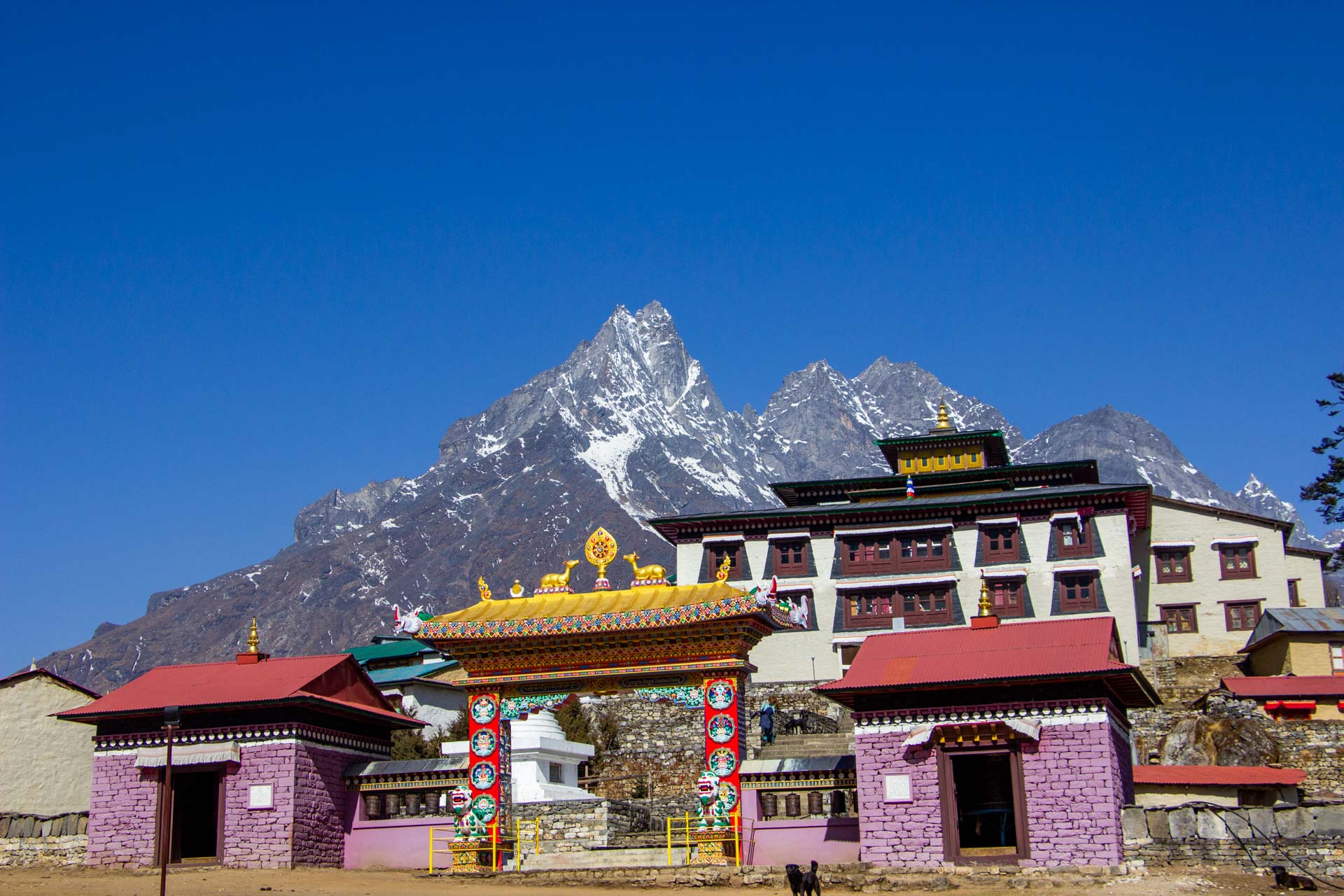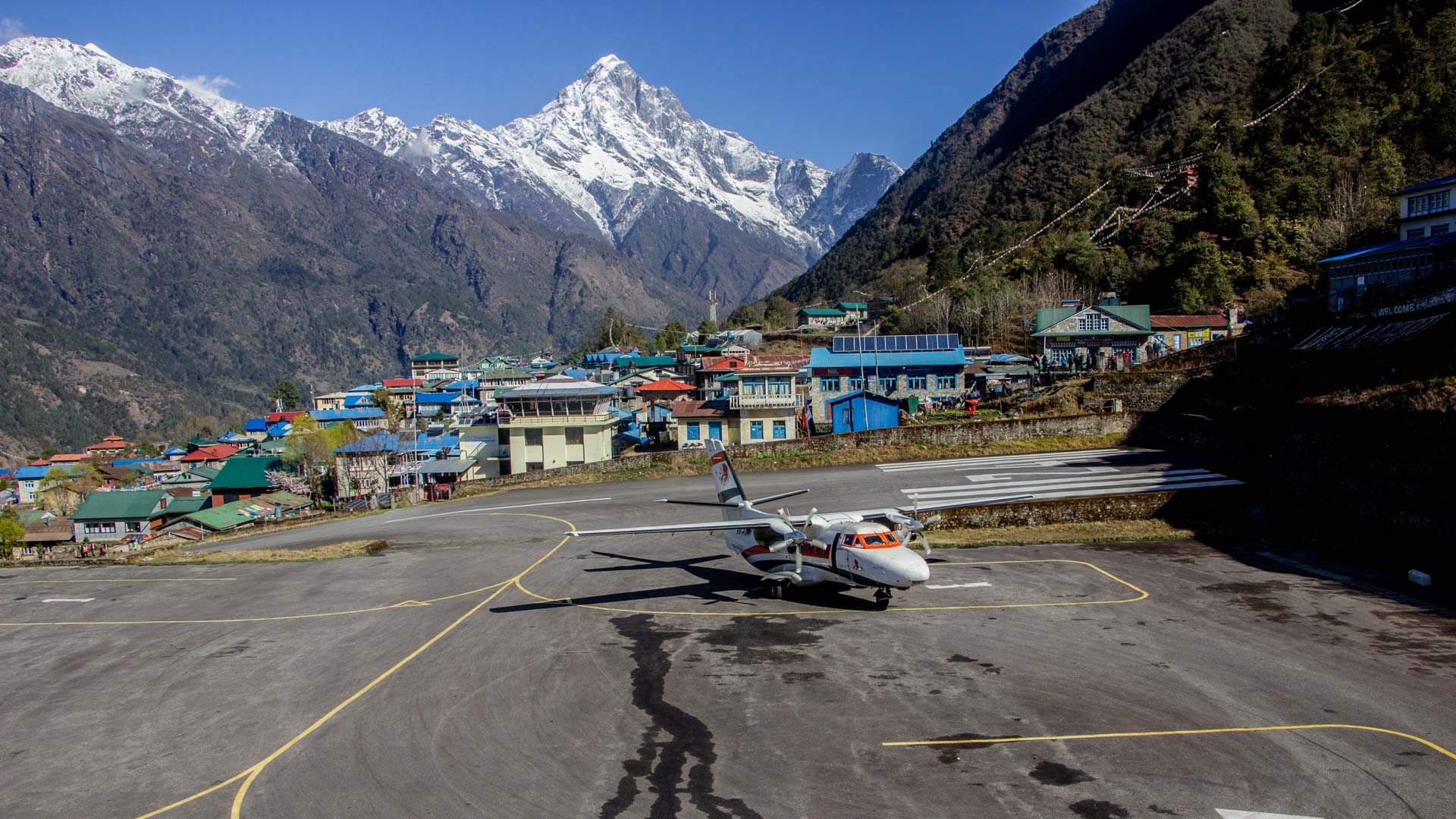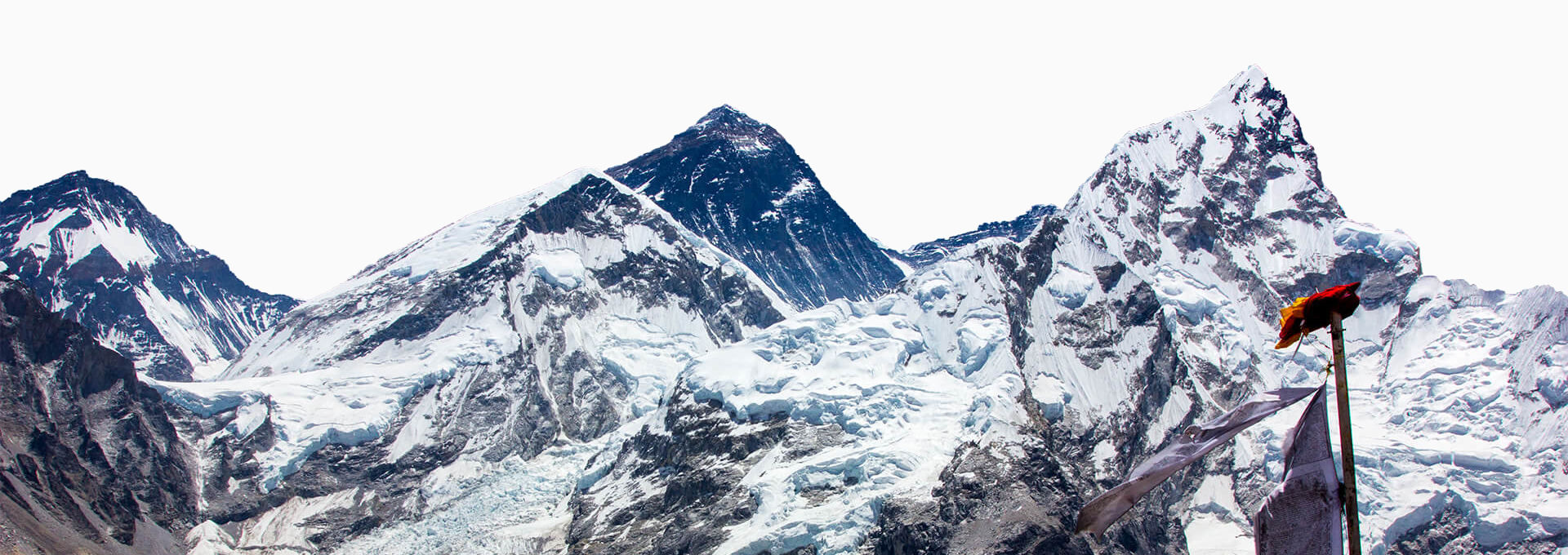
Everest Base camp is one of the most popular trek destinations, which every person dreams of trekking once in their lifetime. If you are looking forward to trek or have already sign-up for the trek, here are some basic training plans that will help you overcome the challenges you may face during your trek. This includes physical and mental training to prepare yourself for the trekking trails and different circumstances you may go through during the trek. Besides this, it includes basic planning tips and a gear checklist that will help you get a better trekking experience.
Physical Training for Everest Base Camp Trek

Physical preparation includes training your body to increase its strength and stamina to adapt to the new surroundings that you will go through during your trek.
Hike
One of the simple ways to train your body physically is by doing hikes during the weekends. While doing the Everest Base camp trek, you will be walking routes that are mostly uphill and downhill and are rocky. And depending on which season you are trekking, the routes might be icy. So hiking will help you to get prepared for these trails.
Cardio
While doing the Everest Base camp trek, the daily average elevation gain will be 400 meters. So, performing the cardio exercise will help your body function at low oxygen when trekking. Some basic cardio exercises that you can do are listed below.
- Running
- Cycling
- Jumping ropes
- Swimming
Upper Body Workout
You will be carrying approximately 10-15 kilos with all the proper gears in your backpack during your trek. This might seem to be less, but while walking daily for six hours on rocky and icy trails, this might feel a lot heavy. So training your upper body will help you trek comfortably with your bag pack. Some of the upper body workouts are listed below
- Push-up
- Hang clean
- Bench press
Mental Training for EBC Trek

Mental preparation includes preparing a mindset for the trek by learning about the possible situations and circumstances that you might face during the trek.
Acceptance to change
Mountains are very unpredictable. So whatever that can go wrong in the mountains will go wrong. The weather is going to change very quickly. Things will not go as you plan, and you will need to accept them. So the main thing is if you are doing the Everest Base camp trek, you must prepare a mindset to accept all these changes.
To be in Tune with your Body and Mind.
While walking on the rocky and icy trails for long hours with gaining elevation and decreasing oxygen level, sometimes you might want to just give up. In such cases, being ignorant and careless may result in Acute Mountains Sickness. Experiencing this is normal for everyone doing the Everest Base camp trek, but you must learn to accept this and not push your body over its limit. So being in tune with your body and mind will help you accept these changes.
Gratefulness to whatever you have
During your trek, as you go higher, the accommodation and food might not be up to the level that you have expected. Even if the lodges want to provide a luxurious service, it is not possible due to the location and accessibility. And sometimes the people can become very entitled. So you must be grateful for the level of service you are getting at that height. So during the trek, your expectation might not be met, but be grateful for whatever you have.
Cultural Sensitivity
Politeness and friendliness are the currency of the mountains. The people in the mountains are very friendly and cheerful, and at the same time, they are extremely proud. So while doing the trek, you must learn to respect their culture and be polite towards them. This will help you get close with them. And remember, when people in the mountain like you, they will treat you well and make your stay memorable.
Once you sign up for the trek, you might build different expectations about what you will be experiencing during your trek. But most of your expectations will not be met as reality will be different. If you want to know what it means, you can check this blog.
Pre-existing conditions

If you have already sign-up for the Everest Base camp trek but have pre-existing conditions, then you must be extra careful and get well prepared with enough medication and some more. Carry any official letter provided by the doctors about your illness, medication, and emergency contact with you. If you have any pre-existing conditions, it is better to travel with your close circle who understands you rather than joining groups.
Having pre-existing condition means that you need to be extra careful. But for some conditions, it is not recommended to do high-altitude trekking. If you have the following pre-existing conditions, then you must avoid trekking to high altitudes.
- Sickle cell disease- Increased risk of sickle cell crisis.
- Pregnancy- First three months puts the fetus at high risk.
- Pulmonary hypertension- High risk of High Altitude Pulmonary Edema (HAPE)
- Obesity Hypoventilation Syndrome- High risk of Acute Mountain Sickness, High Altitude Pulmonary Edema (HAPE) and heart failure.
- Carotid Surgery- Difficulty/Disability to increase airflow in response to low oxygen content. It might be possible to undertake a trek depending upon the kind of surgery. Thorough consultation required.
- Congenital Heart Problems- High risk of High Altitude Pulmonary Edema (HAPE).
To learn more about the pre-existing conditions, you can go through our blog, where you can get detailed information about how you can prepare yourself for different pre-existing conditions.
Gears

Another way to prepare yourself for the Everest Base camp trek is by training yourself to understand the importance of each gear for your trek. Depending on which season you are trekking, your required gears might be different. Here we have listed gears that will be crucial if you trek to the Everest Base camp trek.
Basic Packing checklist
Clothing
Understanding the weather is essential while trekking to the Everest Base camp trek. Carrying any unnecessary items will be useless, just increasing your load. So you must choose your gears wisely without compromising your comfort. The average trek days for the Everest camp trek will be twelve days, and morning and evening will be generally cold, whereas afternoon will be much hotter. So plan your gears accordingly.
Here are some gears you must have if you are doing the Everest Base camp trek in any season.
- Buff
- Sunglasses
- Woolen cap
- Trekking boots
- Warm jacket
- Gloves
Footwear
Proper footwear will be the most important gear of your trek. You must choose your shoe wisely. Without proper trekking boots, walking on the rocky and icy trail will be difficult, and it can make or break the experience. While trekking boots will be essential for your trek, you can also carry sandals that will give your feet a breath during the evening.
While getting a trekking boot, make sure they are,
- Lightweight
- Waterproof
- Ankle support
- Some toe room
- And most, importantly broken in
Toiletries
While you are trekking, it will be difficult to get basic toiletries in the mountains. So if you get it beforehand, it will save your time during the trek.
Some basic items that you need to carry are,
- Toothbrush and toothpaste
- Sunscreen- SPF 30-50 will be good enough
- Lip Balm- Moisturizing and SPF 30 necessary.
- Hand sanitizer
- Plastic Bags- 2 large ones, three small ones
To get more detailed information about the packing list for the Everest Base camp trek then, you can check our blog.
Other Planning Tips

While doing the Everest Base camp trek, even though you know you have planned everything, it will not go as planned. Unstable weather and flight delays might lead you to change your itinerary and schedule. So you must also get prepared for this. Here we have listed some tips to help you plan for your trek.
Booking your flights early
Normally the Lukla weather is clear in the morning, but the cloud starts to build during the afternoon. So most of the flights to Lukla are done in the morning. Booking your flights early will help you secure your seat on the first flight.
And if you are planning your trek during a peak season, then booking flights can be very tough. So booking your flights early will help you secure the flight for your trek.
Two days buffer day
Due to the topography, weather, location, size of the airport, and traffic volume, even a slight change in weather will disrupt the flight making the flight authority either delay or cancel the flight. So we cannot guarantee that the Lukla flight will happen on time. For this, we suggest you have a minimum of two buffer days at your end.
Possible extra expenses
In case of flight delays or cancellations, carrying some extra money with you will help you to get through some extra days. Some of the extra expenses you might need are for the following services.
| Internet | Ncell and NTC data packages work decently up to Tengboche. After that, you will need an Everest Link Wifi. Cost of 600 MB Wifi Card= Nrs 600 |
| Extra hot water | NPR 100-300 per liter from Deboche onwards |
| Hot Shower | Around Nrs. 300/- to 500/- per shower, depending on the altitude |
| Battery Charging | Nrs 100- Nrs 500 per hour, depending on the altitude |







